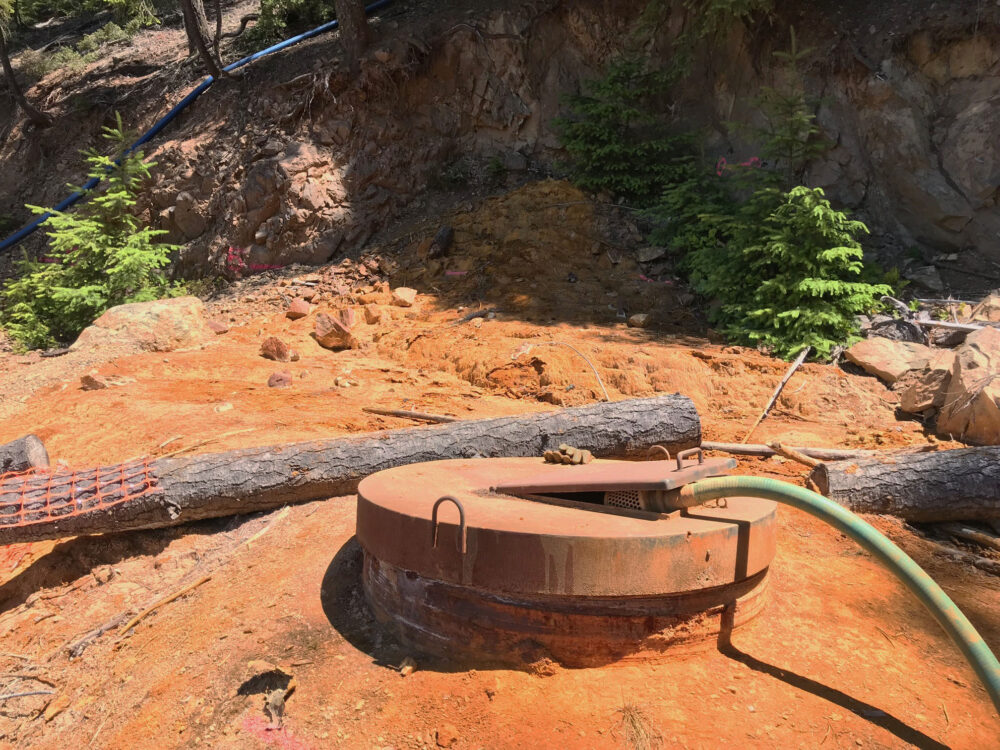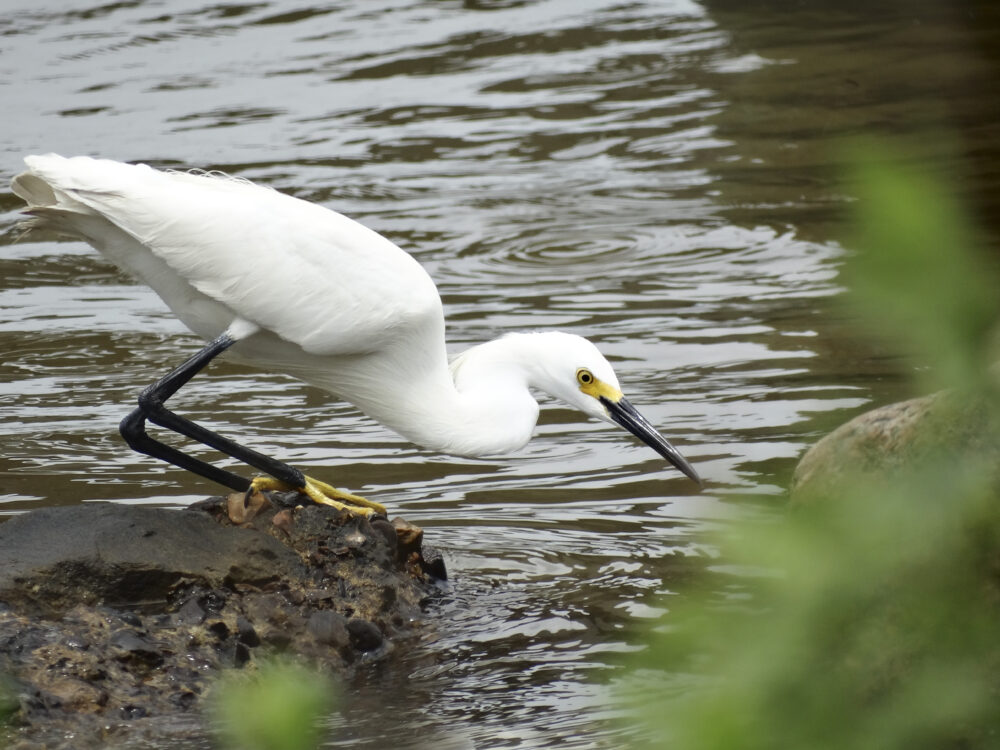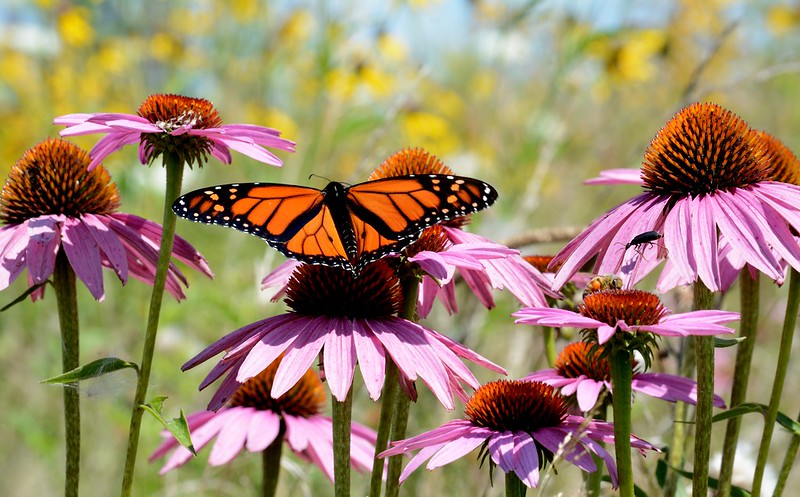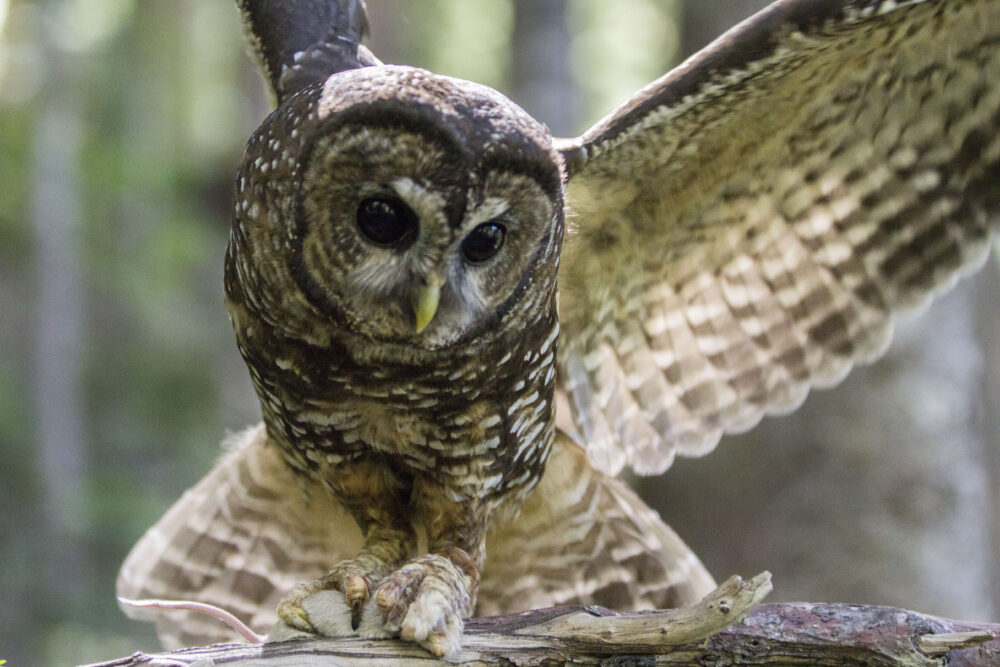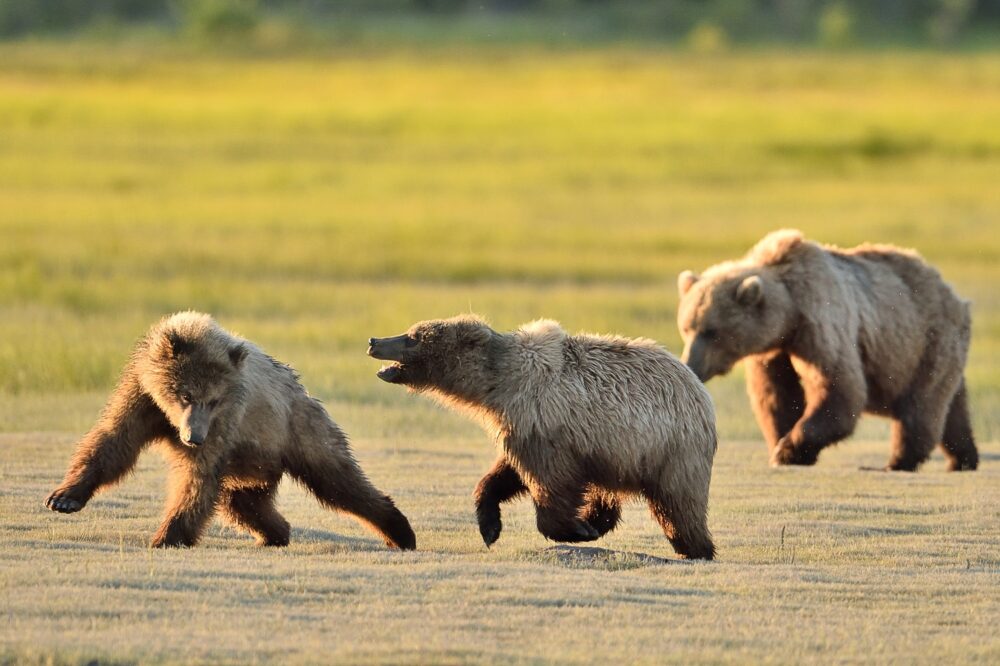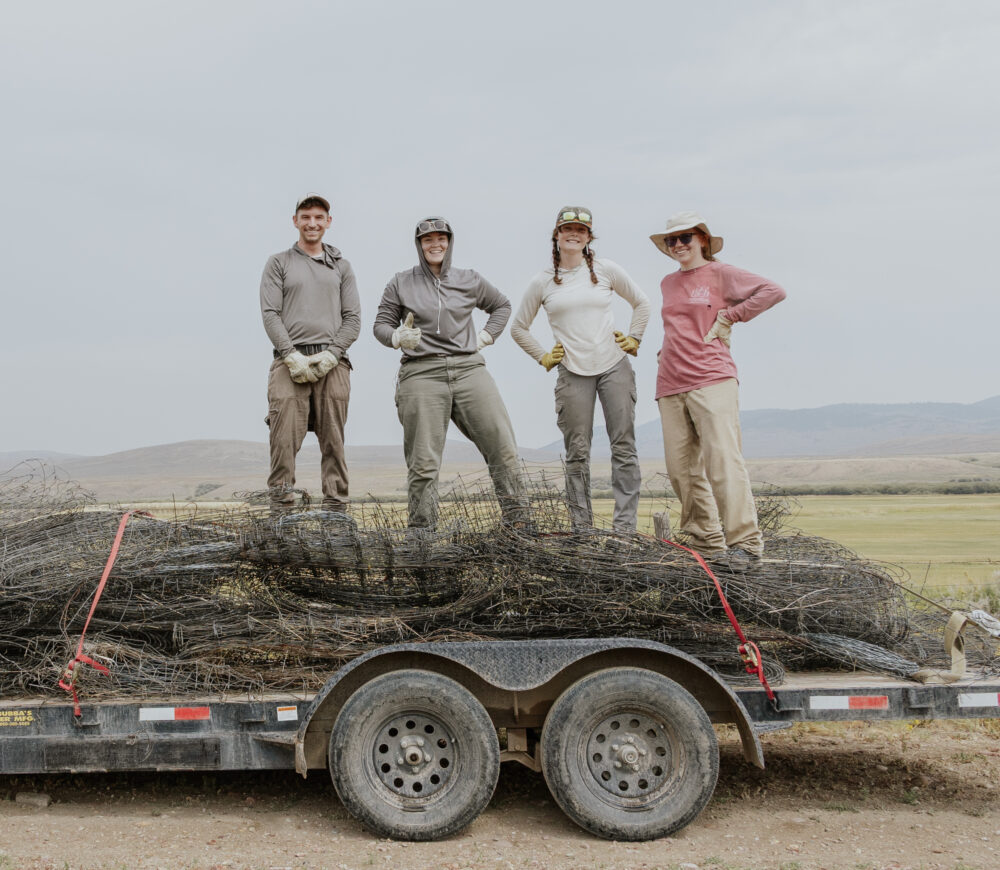We have much more to do and your continued support is needed now more than ever.
Speak up for River Otters in Louisiana’s Mardi Gras Pass
Last year during Mardi Gras, the Mississippi River did something perfectly ordinary and yet utterly extraordinary: it carved a small outlet in its eastern bank and found a shorter route to the Gulf of Mexico.
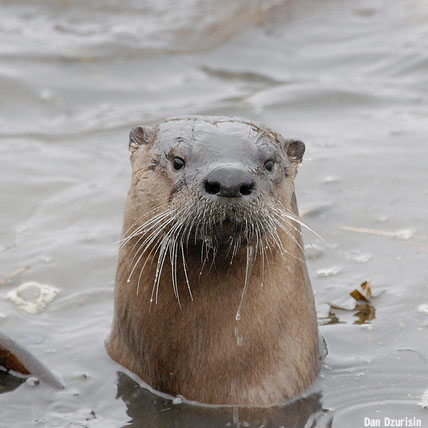
Louisiana’s coastal wetlands are important for many species of wildlife including river otters, pelicans, and alligators, and provide critical hurricane protections for Louisiana’s coastal residents.
But these wetlands, including otter habitat and so much more, are eroding into the Gulf of Mexico at a rate of a football field every hour.
Louisiana’s groundbreaking new plan to restore its vanishing coast includes a river-reintroduction project—something very like Mardi Gras Pass—in almost in the exact same location.
Since the 1930s, when levees to control flooding were placed along the Mississippi, Louisiana has lost almost 2,000 square miles of coastal wetlands and barrier islands. Before that time, the natural creation of small outlets like Mardi Gras Pass was fairly commonplace.
The U.S. Army Corps of Engineers and the State of Louisiana should deny the permit and give themselves time to carefully consider all of the benefits of the pass.
![]() Tell the U.S. Army Corps of Engineers and the State of Louisiana to work with the river—not against it—and allow the otters to stay in their new, naturally-created habitat.
Tell the U.S. Army Corps of Engineers and the State of Louisiana to work with the river—not against it—and allow the otters to stay in their new, naturally-created habitat.



